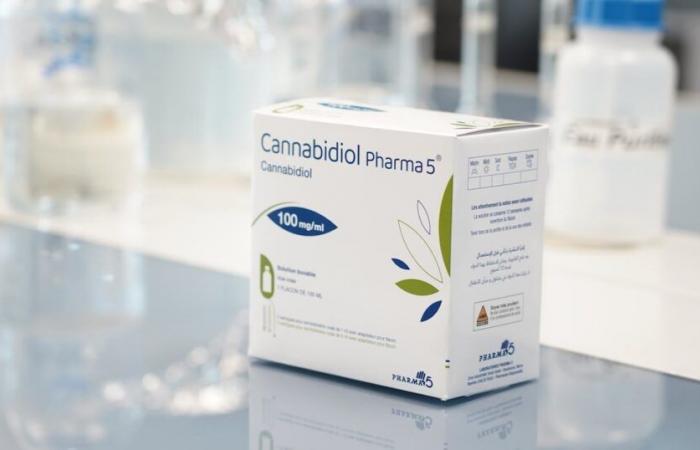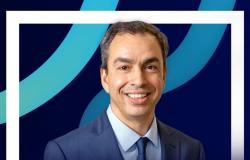This is a landmark announcement in the history of the Moroccan pharmaceutical industry. Pharma 5 will soon put on the market the first generic cannabis-based medicine in Morocco. This is a treatment intended to treat intractable epilepsy, a serious pathology which affects around 100,000 people in the country.
Not only is this a national first, but this drug also positions the Kingdom at the forefront of medical innovation around therapeutic cannabis. Mia Lahlou Filali, general director of Pharma 5, does not hide her pride: “I am very happy to present to you the first medicine based on 100% Moroccan therapeutic cannabis which will soon be put on the market and which received its marketing authorization (AMM) in September 2024. Its code name is Cannabidiol Pharma 5.»
Mia Lahlou Filali underlines: “This is a major step forward for us and for the country. We have established a fully integrated value chain, from seed to finished product, respecting the strictest standards.»
Cannabidiol Pharma 5 primarily targets patients suffering from intractable epilepsy, a severe neurological pathology. About 25% of people with epilepsy do not respond to conventional treatments. “This represents nearly 100,000 Moroccans, mainly children, who suffer recurring crises on a daily basis. For their families, this is a source of constant stress. Cannabidiol Pharma 5 offers a new therapeutic solution», explains Abdelmoumen Mahly, innovation and R&D director at Pharma 5.
Cannabidiol Pharma 5 is the code name of the 100% Moroccan cannabis-based drug for the treatment of intractable epilepsy which will soon be on the market. (K.Essalak/Le360)
The medicine, based on locally extracted cannabidiol, does not contain THC, the psychotropic molecule of cannabis. “It is a completely safe treatment, without psychotropic effects, which has demonstrated its effectiveness in the treatment of severe epilepsy.“, he insists.
This success is the result of close collaboration between the public and private sectors. Pharma 5 worked in partnership with the National Agency for the Regulation of Cannabis Activities (ANRAC) and the Directorate of Medicines and Pharmacy (DMP) to guarantee the quality of the product.
Read also: Legal cannabis: from cultivation to marketing, how Morocco blocks the road to any deviation
«We have invested 250 million dirhams in this project, including 25% for research and development, particularly on agricultural aspects. It was a real challenge, because we are not farmers by trade. However, we have mastered each step, from cultivation to extraction, to obtain an active molecule that complies with pharmaceutical standards.», underlines Mia Lahlou Filali.
This financial and technical effort made it possible to structure an integrated production chain, according to Abdelmoumen Mahly: “It is one of the rare examples of complete vertical integration, where every step of the process, from growing the seed to producing the finished medicine, is carried out in Morocco. We cultivate the plant, treat it, extract the active molecule, and formulate the medicine intended for patients, all while mobilizing 100% Moroccan resources and skills.»
Distribution planned for the first half of 2025
The distribution of Cannabidiol Pharma 5 is planned for the first half of 2025, after the price has been set by the DMP. The latter will be decisive in guaranteeing reimbursement of the drug, like what is done in other countries. “This medication will be prescribed on prescription by neurologists and will, of course, be reimbursed. Currently, its price is being evaluated by the DMP. Once fixed, it will be subject to the reimbursement system, as is already the case in other countries, where its effectiveness against epilepsy has been widely demonstrated.», Specifies the general director of Pharma 5.
Beyond medical innovation, this project reflects Morocco’s desire to promote the therapeutic cannabis sector, in accordance with the royal vision. “Cannabis is an ancestral resource of Morocco, and today, thanks to an adapted legal framework, we can exploit its potential for the well-being of patients and for the economic development of the country.», concludes Mia Lahlou Filali.
Par Beat Kharroubi et Khalil Essalak
12/19/2024 at 5:46 p.m.






